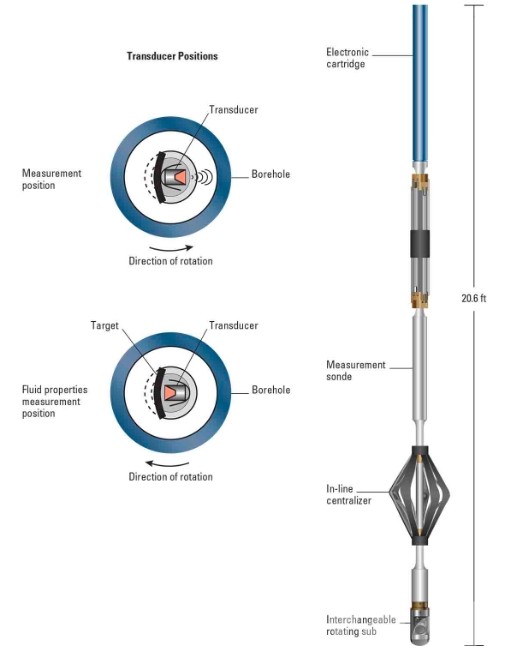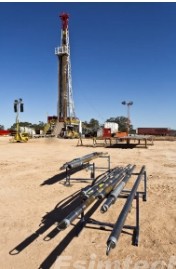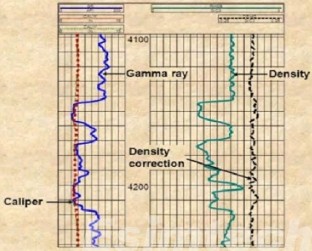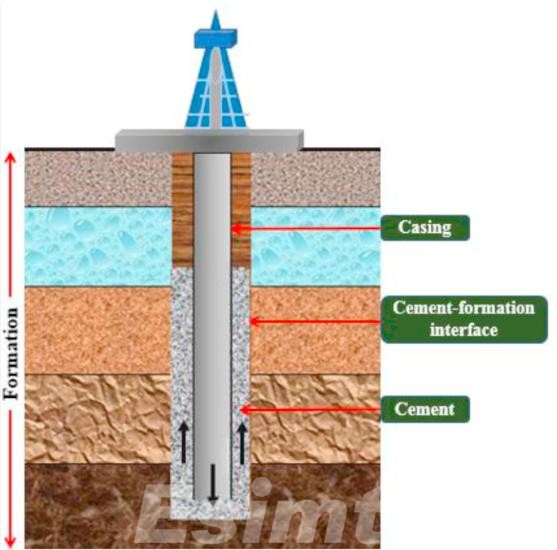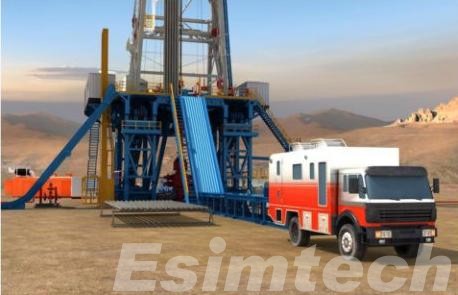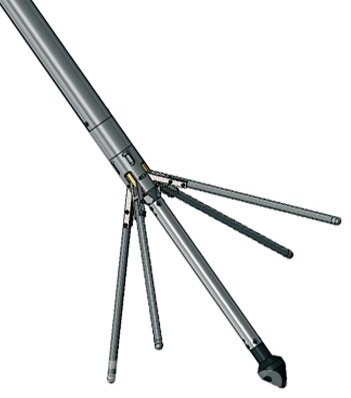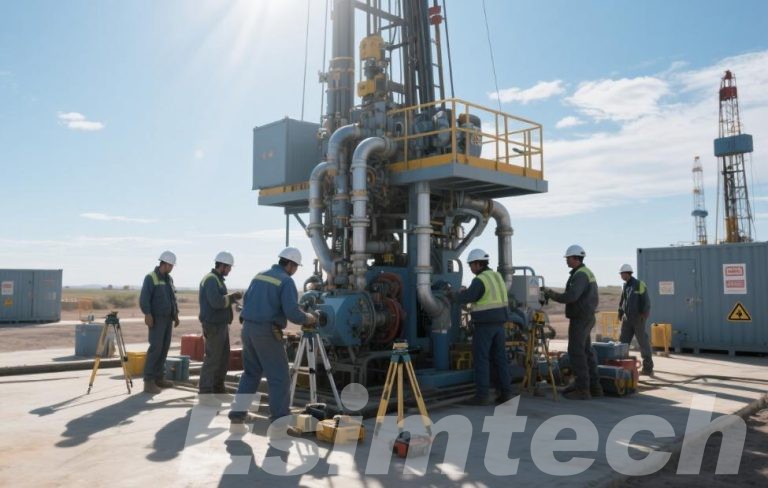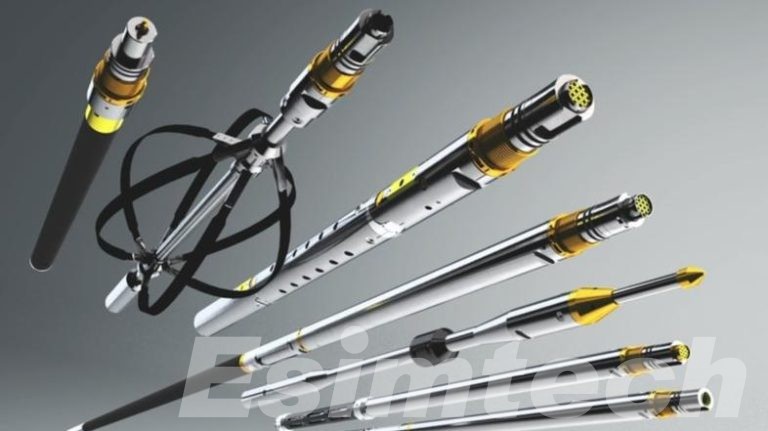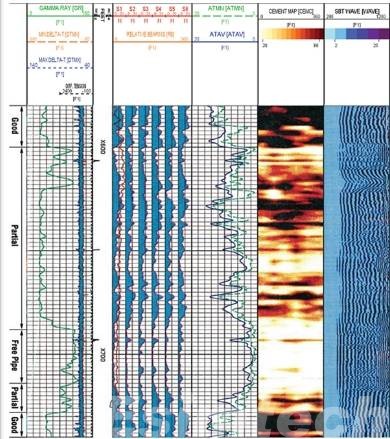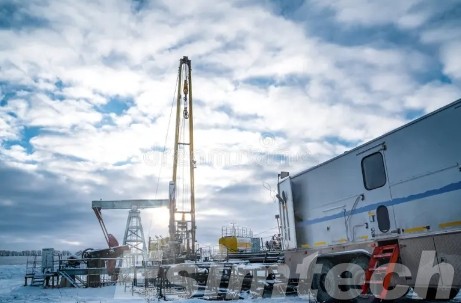Well Logging Techniques for Accurate Formation Evaluation in Unconventional Reservoirs
Formation evaluation in unconventional reservoirs, such as shale gas, tight oil, and coalbed methane, presents unique challenges due to the low permeability and complex geology of these formations. Traditional well-logging techniques often fail to provide the necessary resolution and accuracy for effective evaluation and development of these resources. Consequently, specialized well-logging techniques have been developed and…

